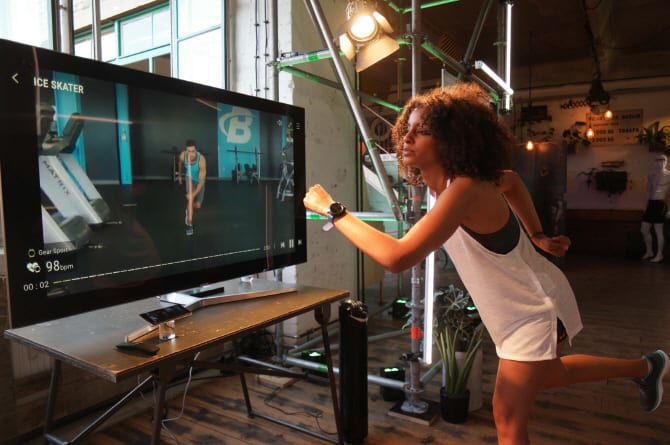South Korean manufacturing giant, Samsung, is known for its wide variety of businesses spread across many categories. The company is quite new to digital healthcare but this line could be lucrative with an increasingly aging population and the everyday discovery of new ailments. With a young generation leadership, Samsung is now looking at the digital healthcare market. Samsung already has a consumer electronics division which includes the digital medical device under the control of Jun Dong-soo, CEO of Samsung Medison. This is a separate affiliate establishment which concentrates on the production of large medical equipment, such as ultrasound diagnostic apparatus. To kickstart this new healthcare line, it is probable that Samsung will incorporate smaller device unit in the consumer electronics division into Samsung Medison.
An official at Samsung Medison said
“The incorporation is being seriously considered by physically moving the workforces to Pangyo next year, around April or May,”.
An official at Samsung Electronics said
“Digital health is on the list of Samsung’s new sources of growth, but hasn’t yet been discussed as a major future business as much as artificial intelligence or the Internet of Things,”…“But the long-term direction is that Samsung hopes to develop current wearable products as professional medical devices that can conduct medical checkups more sophisticatedly than now.”
The mobile communications division of Samsung Electronics has produced some products with sports enhancement functions and roles such as Galaxy Gear, Gear Fit2, Gear Fit2 Pro, Gear Sport etc. Samsung’s Chief Strategy Officer, Sohn Young-kwon, said that the Korean tech giant also has a long-term plan to combine its wearable manufacturing capabilities with advanced digital healthcare platforms
Sohn said:
“If people can collect data related to their health prior to any abnormal signs of their physical conditions, this will help prevent diseases far better,”…“Combining data with biotechnology will create new business opportunities.”
As interesting as this may sound, there are numerous challenges in providing health care services through wearable devices. The appeal for the current wearable health devices is not high because they offer limited services such as heart rate monitoring and pace counters due to regulations. Nonmedical organizations have some restrictions on the management of healthcare under medical and privacy protection laws thus tech companies are not allowed to handle sensitive health-related data.
Shin Jae-wook, a researcher at LG Economic Research Institute said
“To revise such medical laws, medical organizations should be at the forefront. But they have no motivation to take such action now because remote examinations would only reduce their number of patients and profits,”


















